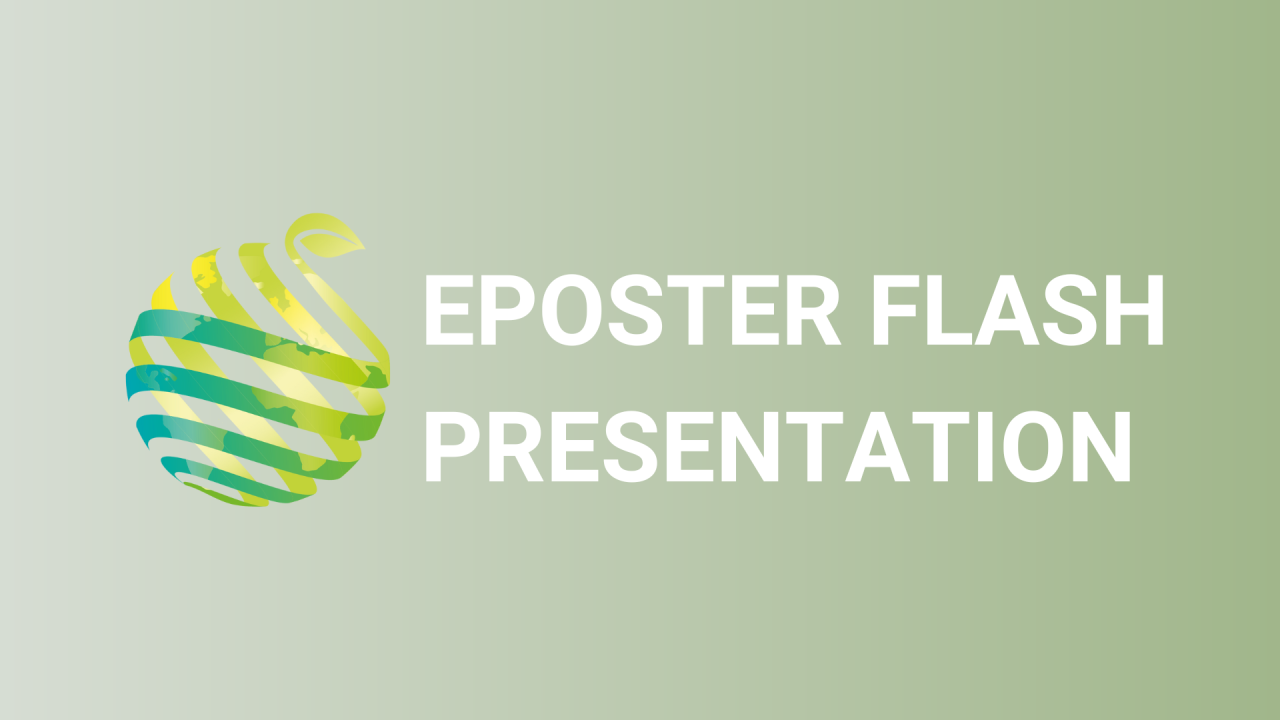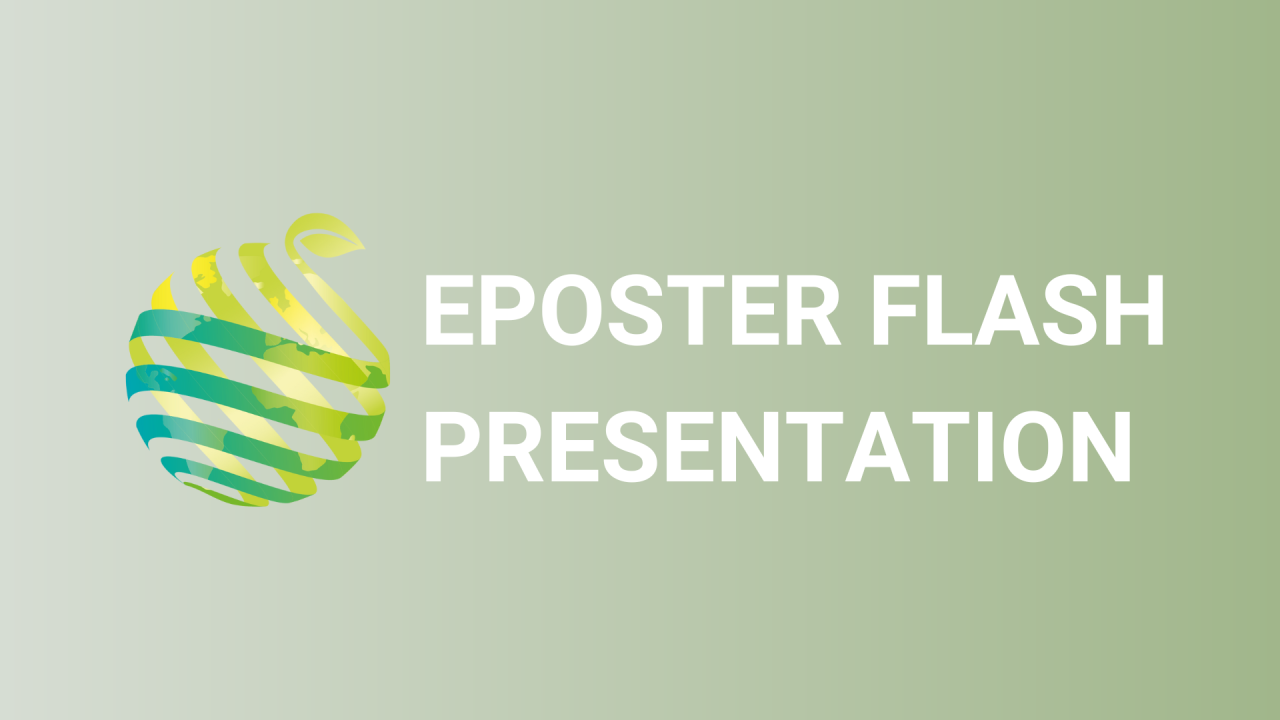

S04 - Session P1 - New Tools II - Application of thermotherapy and meristem culture to clean apricot in vitro shoots of virus and viroid
Information
Authors: Cristian Pérez-Caselles, Lydia Faize, Nuria Alburquerque, Lorenzo Burgos *
Apricots are affected by several pathogens that cause serious damages to trees and fruits. The most important virus is Plum Pox (PPV) causing sharka disease. Additionally, Hot Stunt Viroid (HSVd) has been reported to be widely present in apricot. It is, therefore, desirable to have an optimized protocol to produce virus and viroid-free apricot plant material that can be supplied to nurseries and fruit breeders as certified plant material.This study aims to get a protocol that removes pathogens from apricot cultivars combining thermotherapy and meristem culture. Previous results demonstrated that meristems from apricot micro shoots died if exposed to high temperatures for 60 days. Since temperature exposure is necessary in the thermotherapy treatment, here different exposure times were tested. In vitro shoots from two apricot cultivars, 'Canino' and 'Mirlo Rojo' infected with PPV and HSVd, respectively were placed in a chamber with 16∕8h light∕dark photoperiod at constant temperature of 28 and 30 ºC (1 and 2 days, respectively) followed by a 32∕38 °C regime every 4 h between 30 and 45 days. After the heat treatment, apical and axillary meristems were removed and cultured in a Meristem Multiplication Medium. Survival meristems were transferred to Shoot Multiplication Medium and propagated for 12 weeks. Shoot leaves were collected for RNA extraction and to evaluate virus or viroid presence by RT-PCR. The number of rescued meristems was 2-fold higher for 'Canino' than 'Mirlo Rojo' and was dependent of time of exposure to high temperatures with an optimum of around 35 to 40 days in both cases. HSVd was removed from 'Mirlo Rojo' only after the longest exposure times of 45 days. 'Canino' plants free of PPV were found after all exposure times to high temperatures. These preliminary results need confirmation after the proliferation of the putative cleaned shoots since the virus multiply very well in vitro. Also, a greenhouse confirmation will be carried out after rooting and acclimatizing those plants.